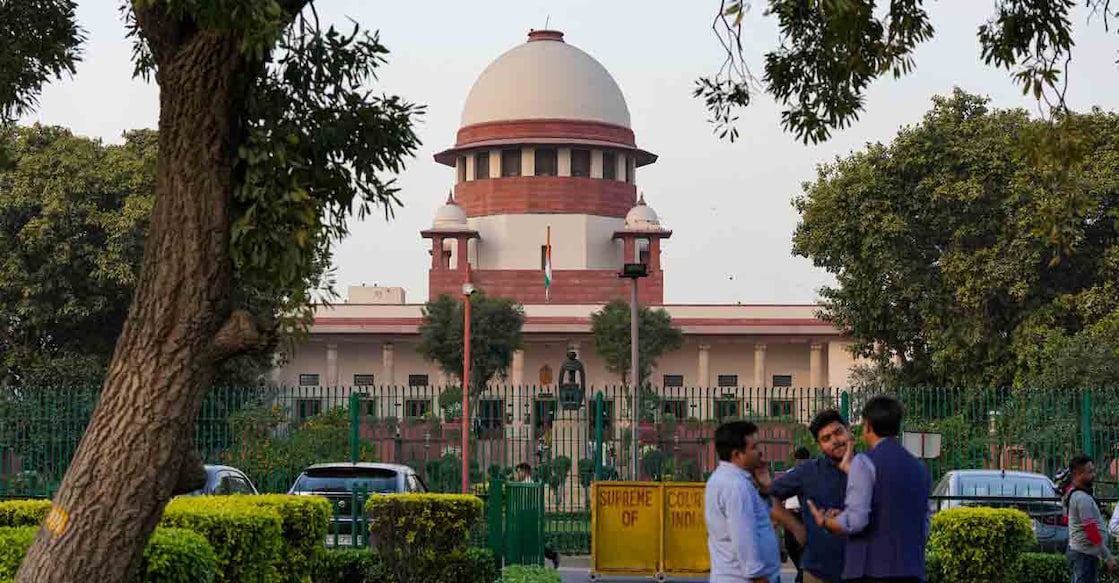Plea challenges automatic disqualification of elected members upon conviction of 2 years

Mail This Article
A plea filed before the Supreme Court of India challenged the automatic disqualification of elected representatives who are convicted and sentenced for more than two years of imprisonment. The plea has been filed following the disqualification of Congress leader Rahul Gandhi from the Lok Sabha.
The petition argues that a blanket disqualification, irrespective of the nature, gravity, and seriousness of the offences is against the principles of natural justice.
The petition argues that Section 8 (3) of the Representatives of the People Act, 1951 (1951 Act) which mentions the disqualification is ultra vires of the Indian Constitution. The petition states that Section 8(3) restrains the members from freely discharging their duties casted upon them by the voter’s of their respective constituency, which is against the principles of democracy.
It adds that though the 1951 Act clearly categorizes the offences, keeping in view the nature of offences, for disqualification of members of Parliament, Section 8(3) provides for a blanket automatic disqualification.
It argues that the intent of the legislature while laying down the said 1951 Act was to disqualify convicted elected members who had committed serious or heinous offences.
The petition also highlights that the Code for Criminal Procedure, 1973 (CrPC) distinguishes the “Classification of Offences” and categorises offences into cognizable and non-cognizable and bailable and non-bailable. Thus, it states that under such circumstances, the grounds for disqualification must be specific with the nature of offences as specified under the CrPC and not in a blanket form.
Highlighting that the Members of Parliament are the "voice of the people", the petition argues that a member's representation is the right of freedom of speech and expression of millions of supporters who have elected the member in that constituency and voters who have voted for the political party.
(With inputs from LiveLaw)

